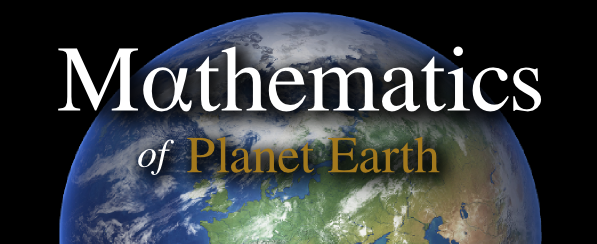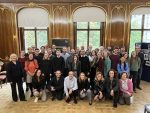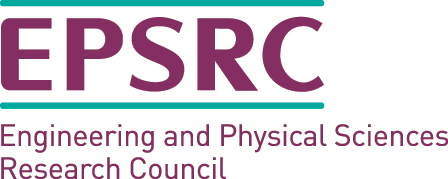Date: Wednesday 19th January 2022
Key Speaker and Guests:
Gonzalo Gonzalez De Diego (DPhil at Mathematical Institute, Oxford University))
Oana Lang (STUOD Research Associate at Mathematics Department, ICL)
Tobias Schwedes (Senior Data Scientist at Faculty)
Event Schedule:
15:00- 15:10: Zoom call opens and Welcome
15:10 – 15:55: Gonzalo Gonzalez De Deigo on ‘Numerical approximation of viscous contact problems in glaciology’
15:55 – 16:05: Break
16:05 – 16:50 : Oana Lang on ‘On Data Assimilation, Particle Filters, and Stochastic Shallow Water Models’
16:50- 17:00 – Break
17:00 – 17:30: Tobias Schwedes on ‘Might a career in Data Science be up my alley?’
Gonzalo Gonzalez De Diego
Title: Numerical approximation of viscous contact problems in glaciology
Abstract: Viscous contact problems describe the time evolution of fluid flows in contact with a surface from which they can detach. These type of problems arise in glaciology when, for example, modelling the evolution of the grounding line of a marine ice sheet or the formation of a subglacial cavity. Such problems are generally modelled as a time dependent viscous Stokes flow with a free boundary and contact boundary conditions. Although these applications are of great importance in glaciology, a systematic study of the numerical approximation of viscous contact problems has not been carried out yet. In this talk, I will present some of the challenges that arise when approximating these problems and some of the ideas we have come up with for overcoming them.
Oana Lang
Title: On Data Assimilation, Particle Filters, and Stochastic Shallow Water Models
Abstract: I will start with a brief introduction on data assimilation, with particular focus on particle filters and the tempering procedure. I will then present a couple of applications for Lorenz ’63 and for a stochastic rotating shallow water model. Different types of stochasticity that can drive the underlying shallow water model, together with the corresponding theoretical justifications will be discussed. The aim of the talk is to introduce the audience to a particle filter based data assimilation methodology and to analyse the analytical properties of the models which can act as “signals” in this context.






